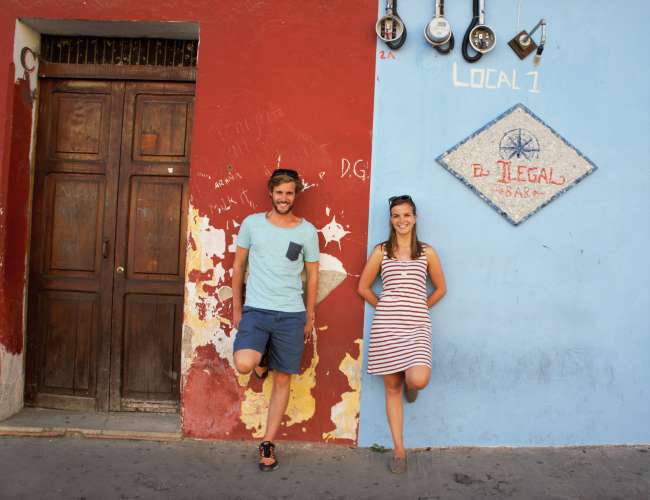Chile and Argentina I
Објављено: 30.11.2017
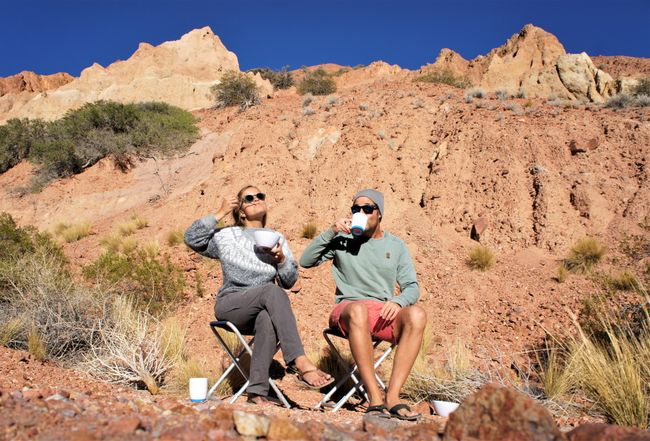
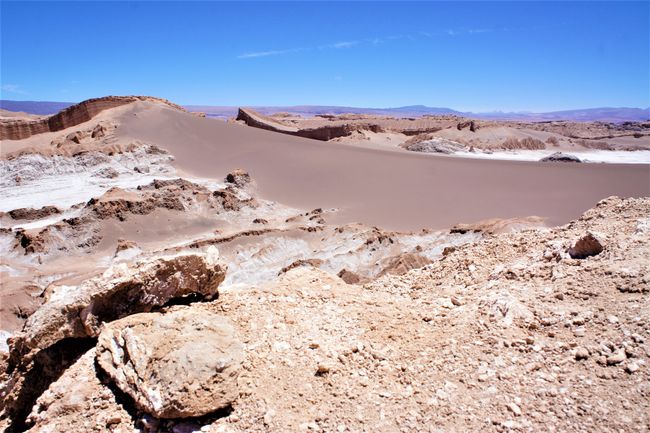
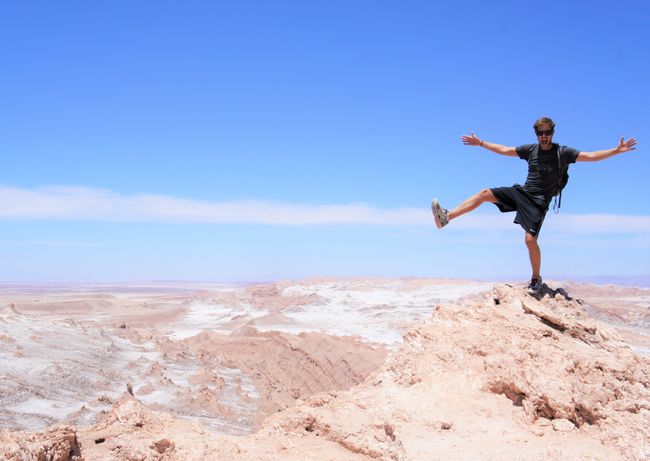
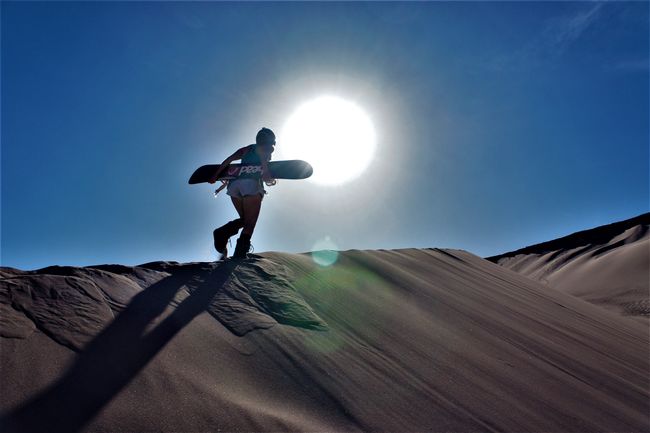
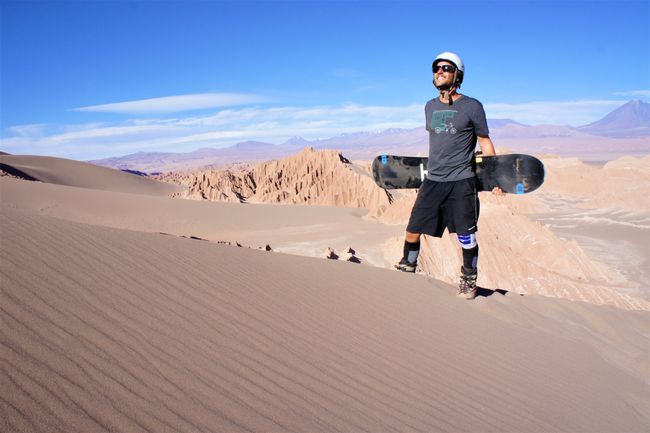
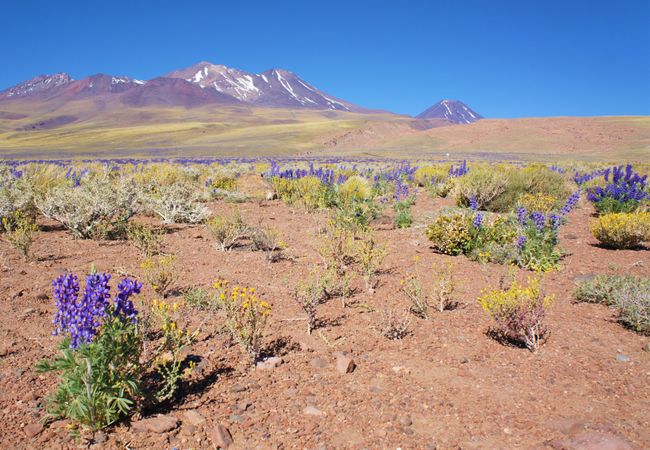

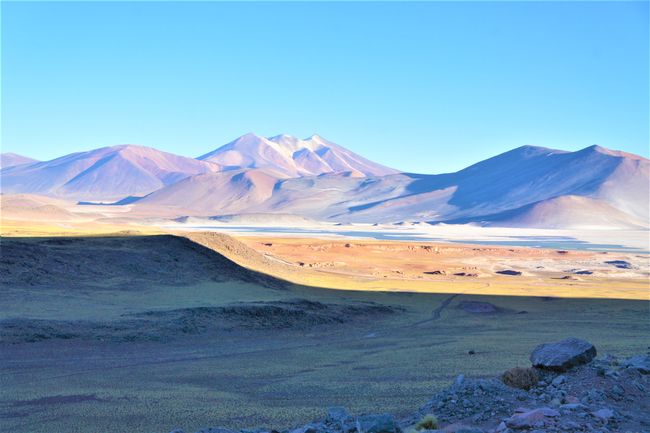
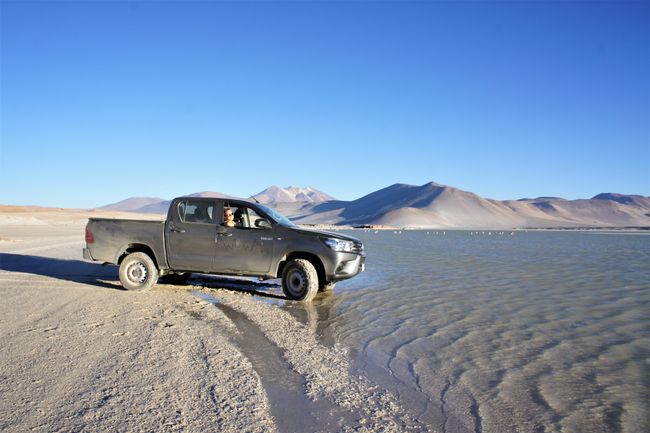
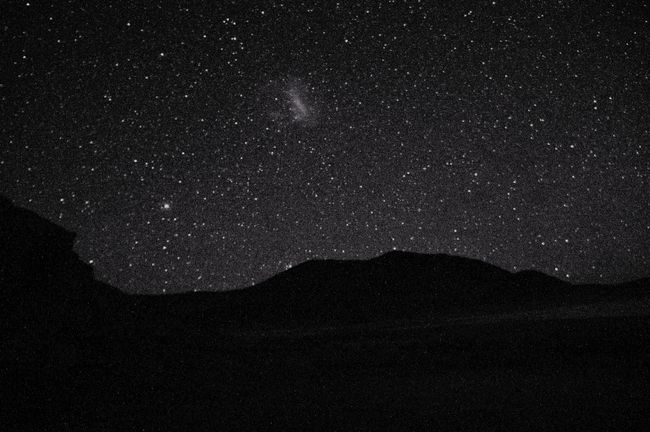
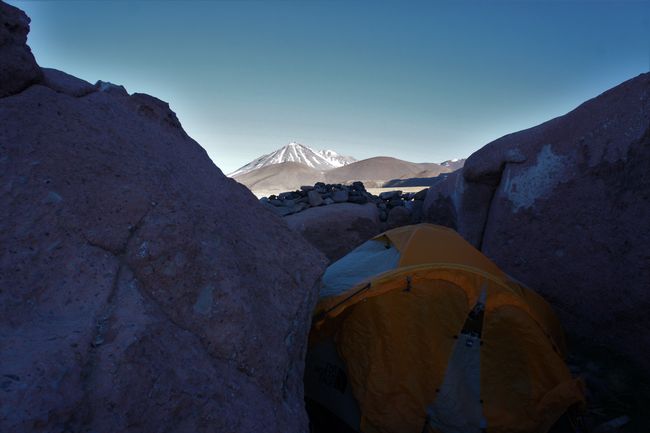
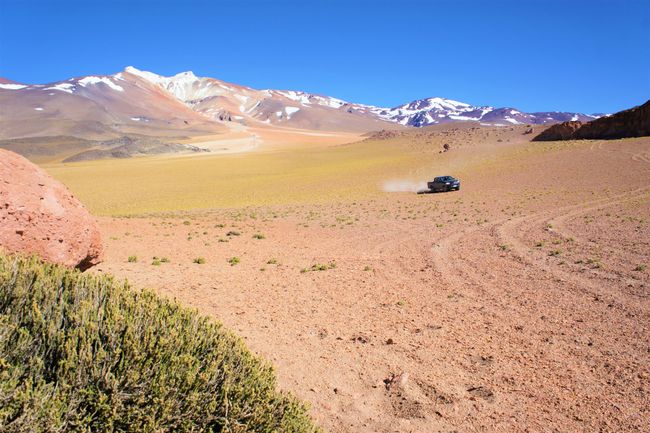
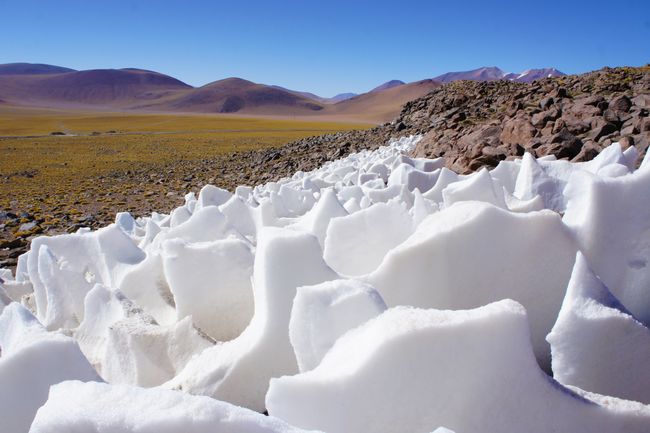
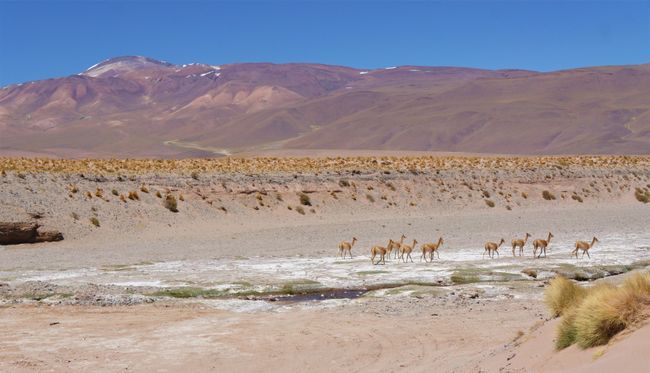
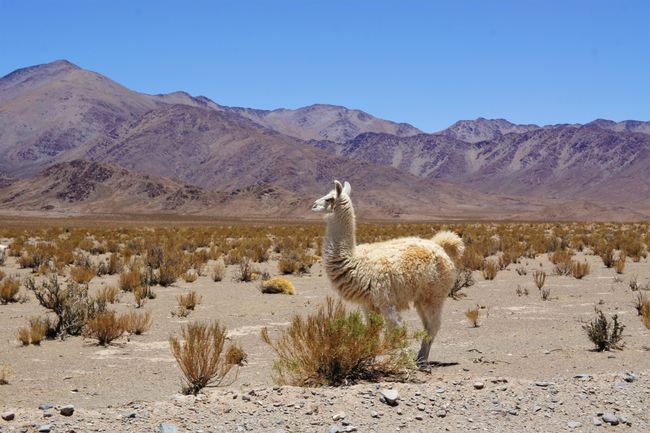
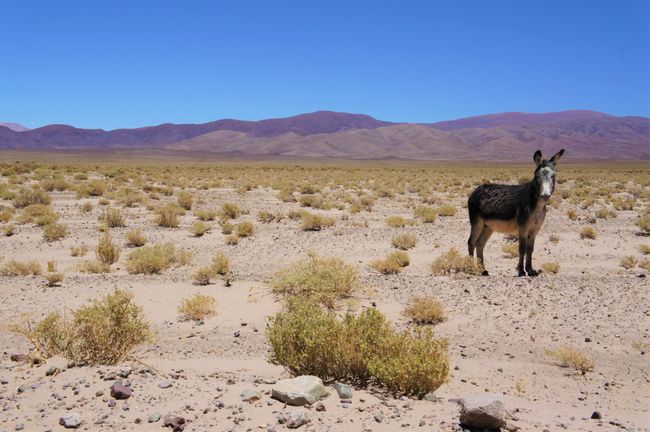
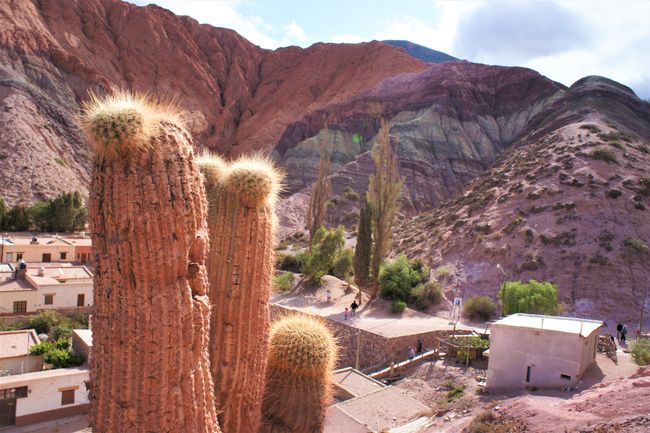
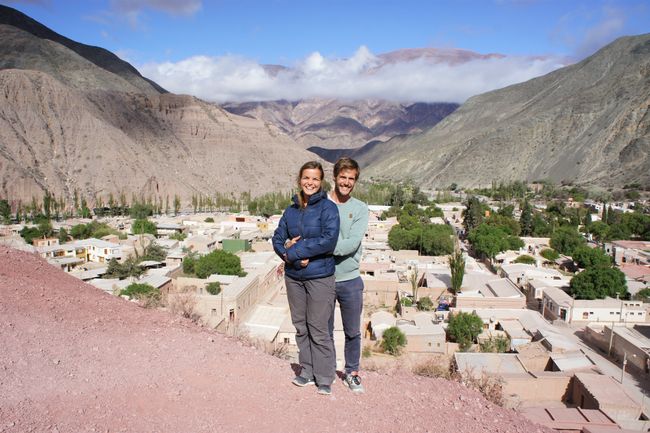
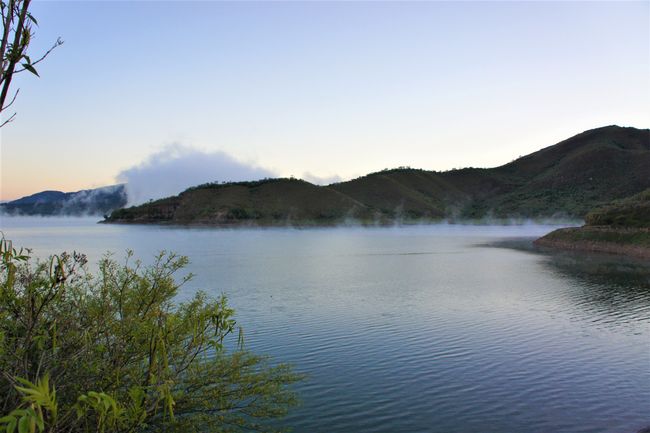
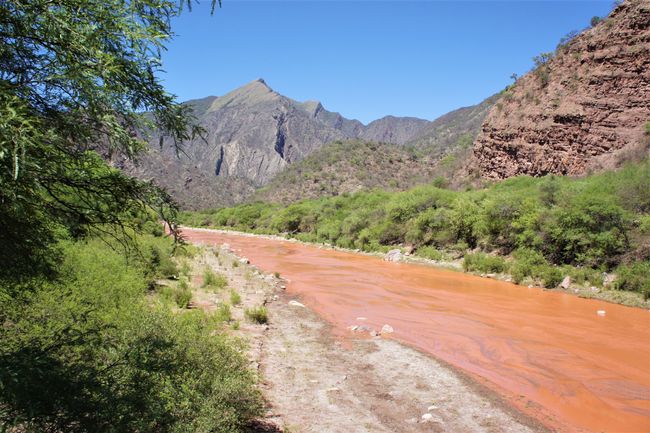
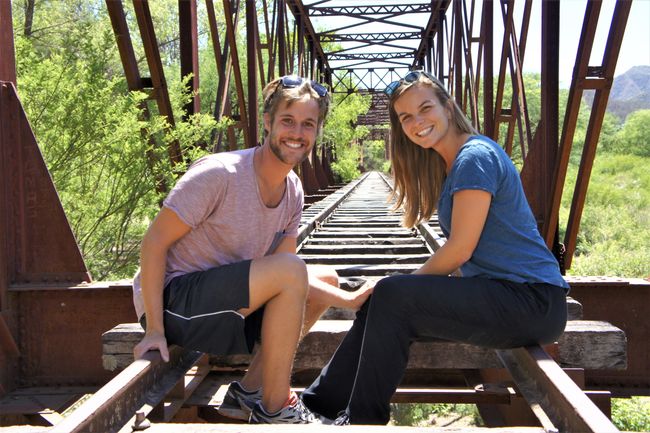
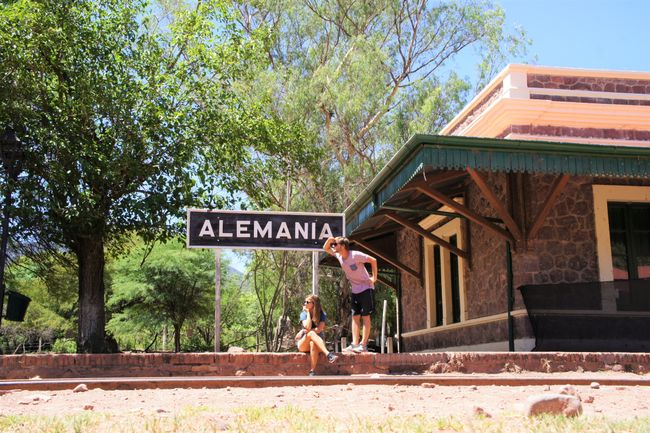
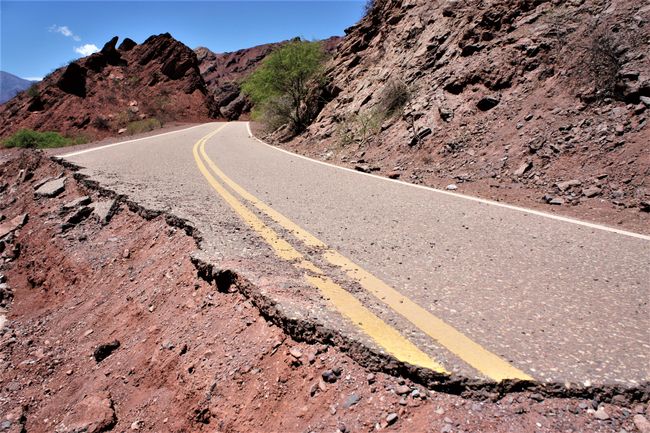
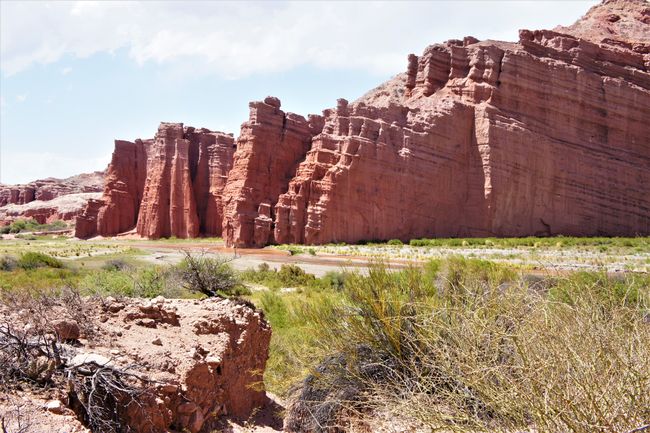
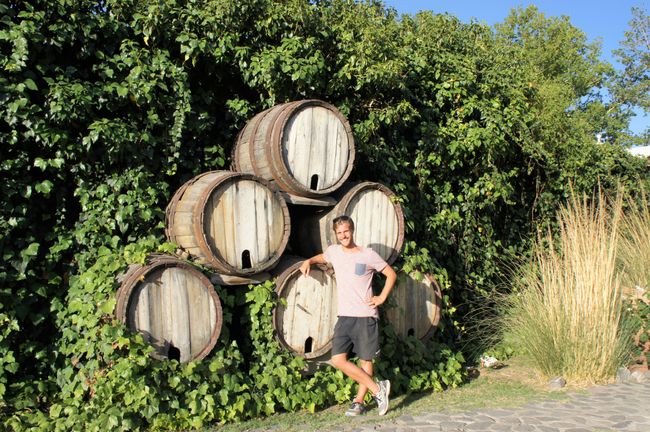
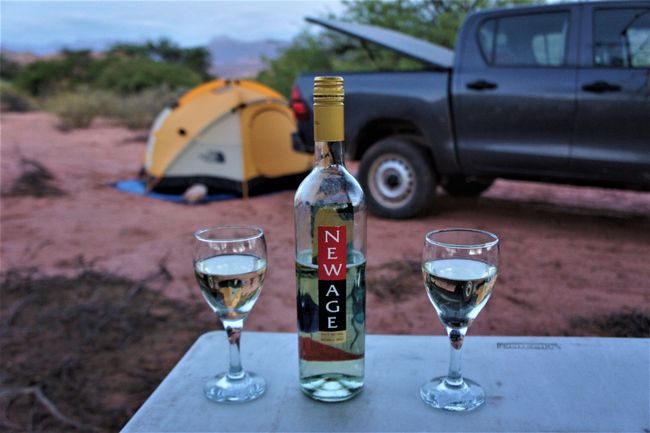
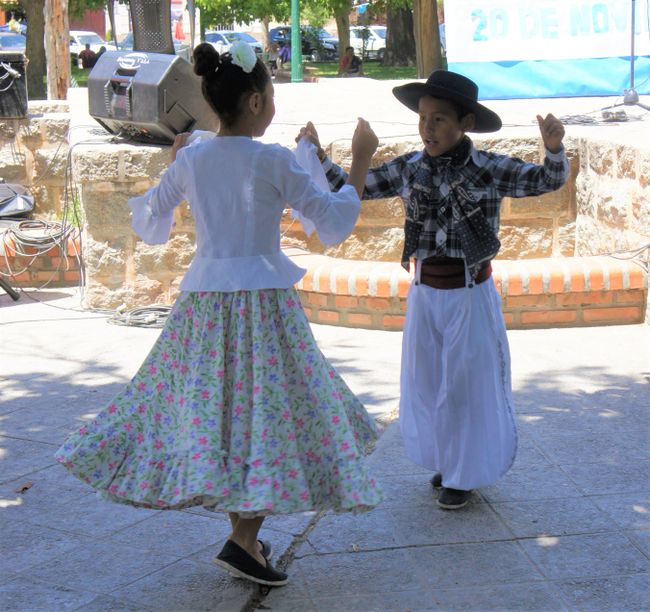
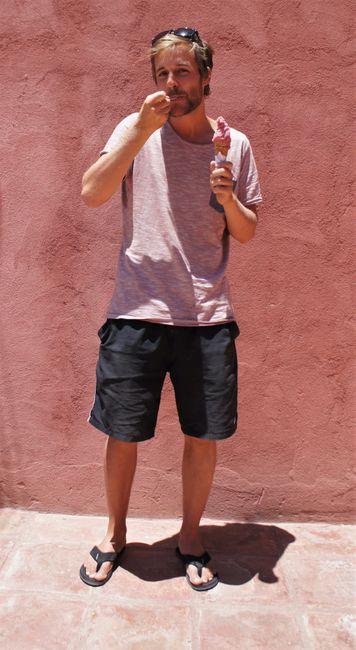
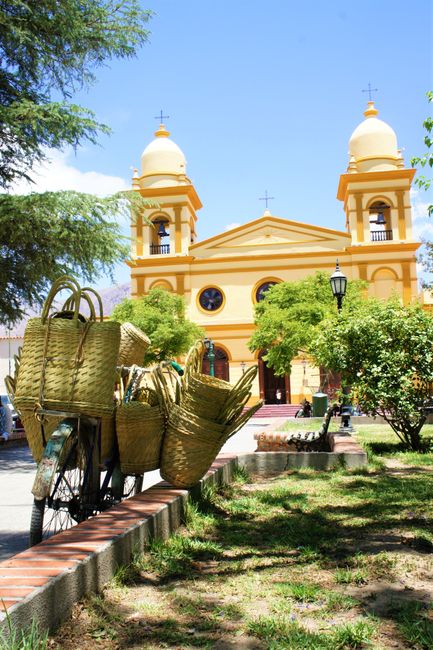
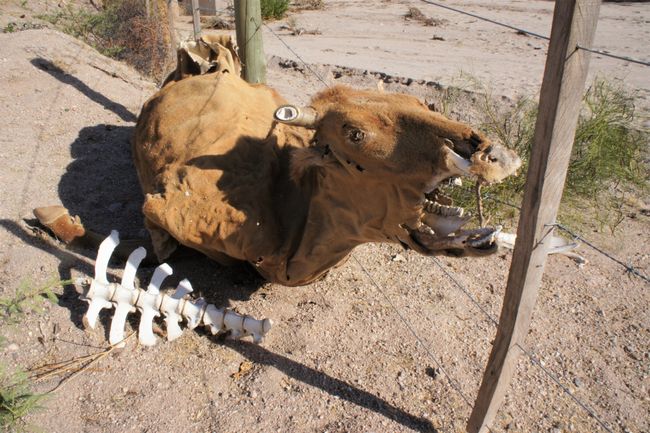
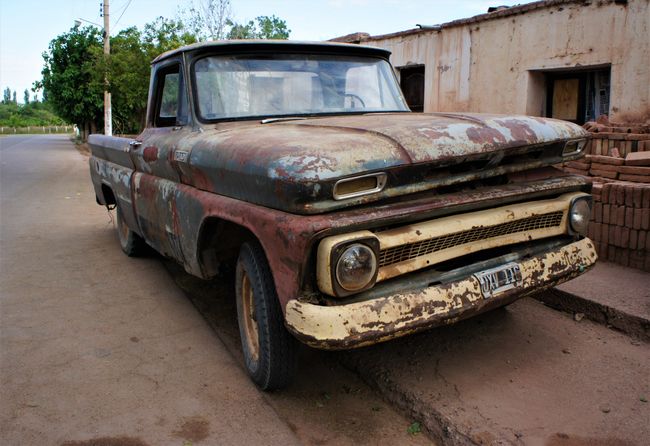
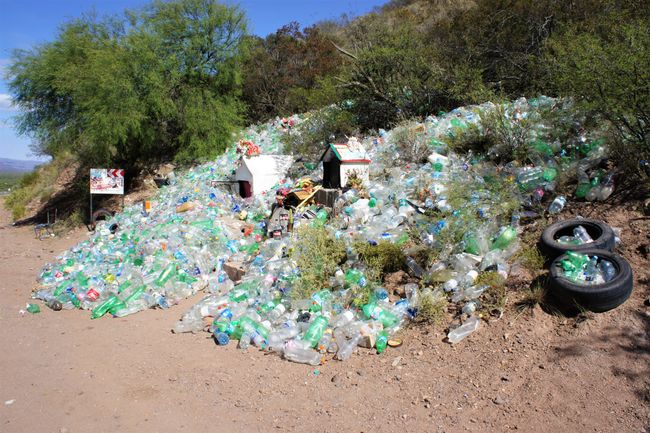
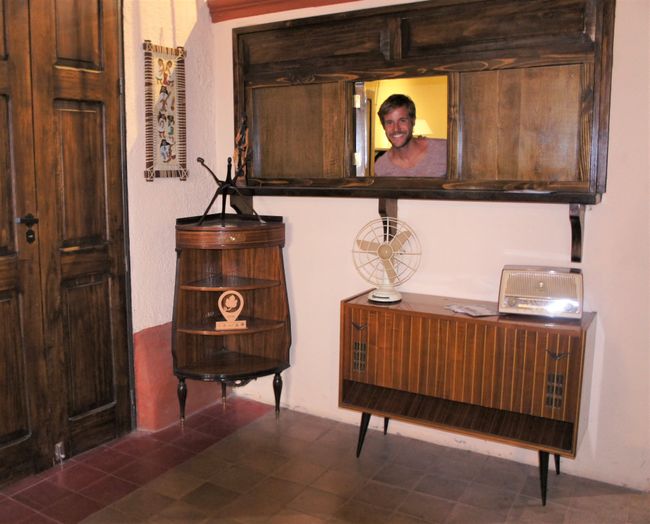
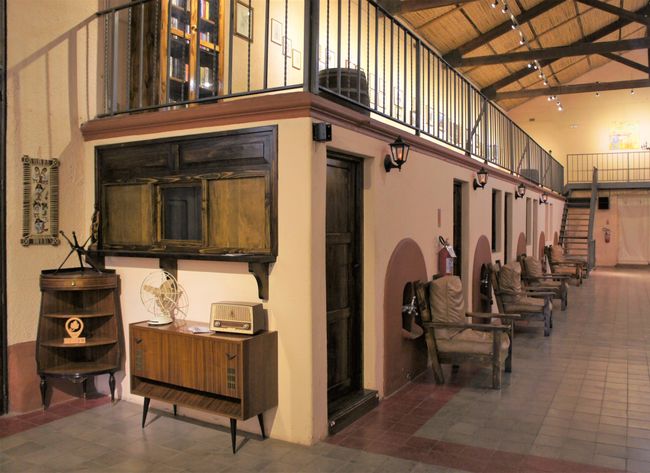
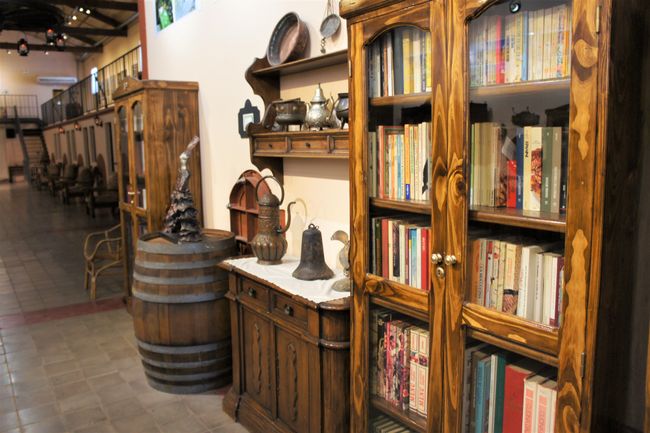
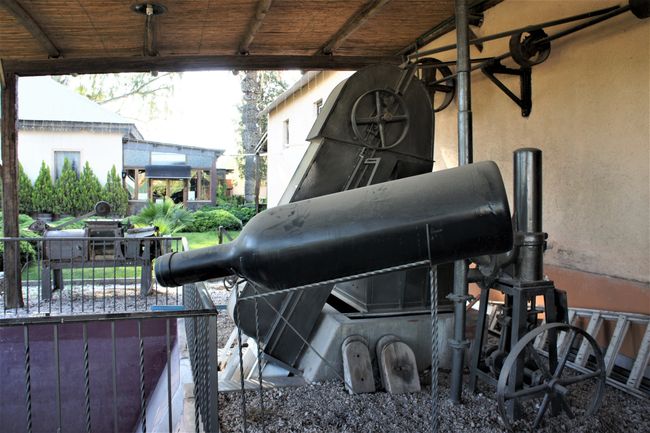
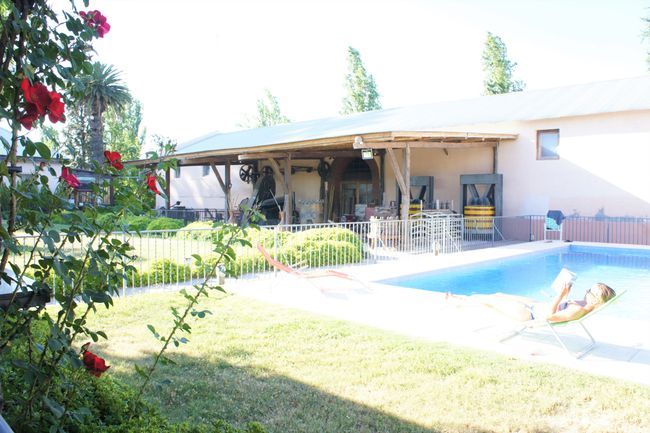
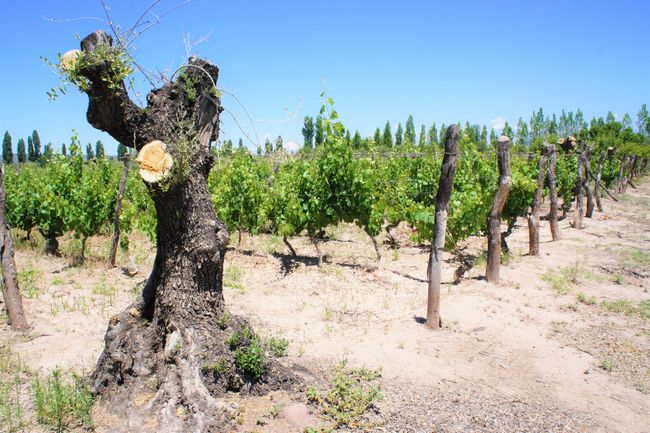
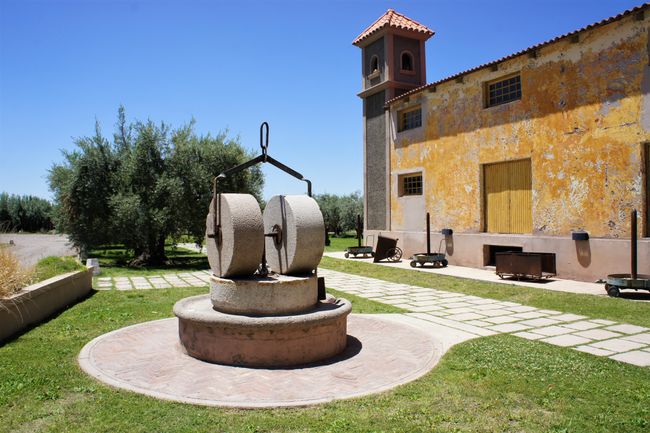
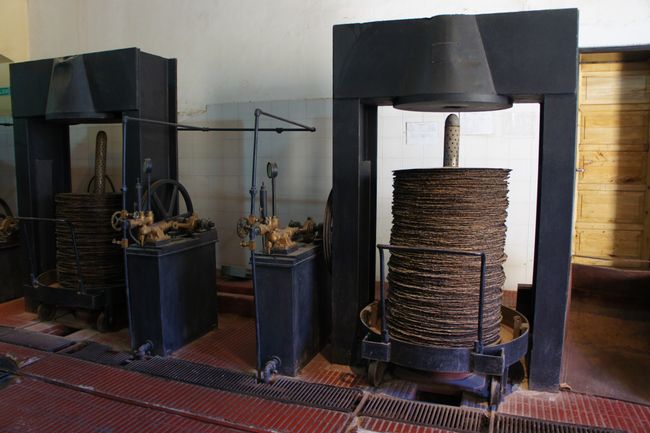
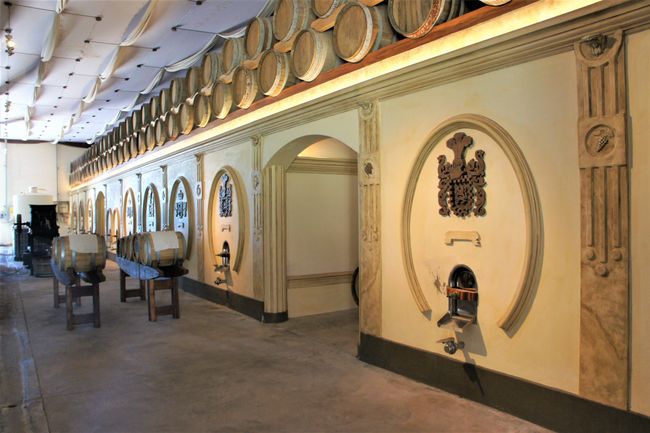
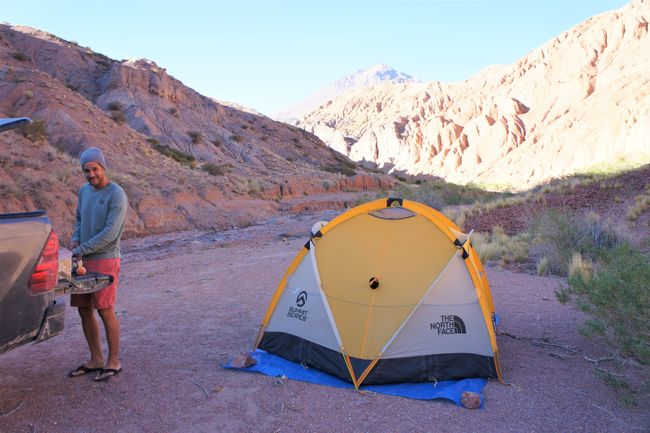
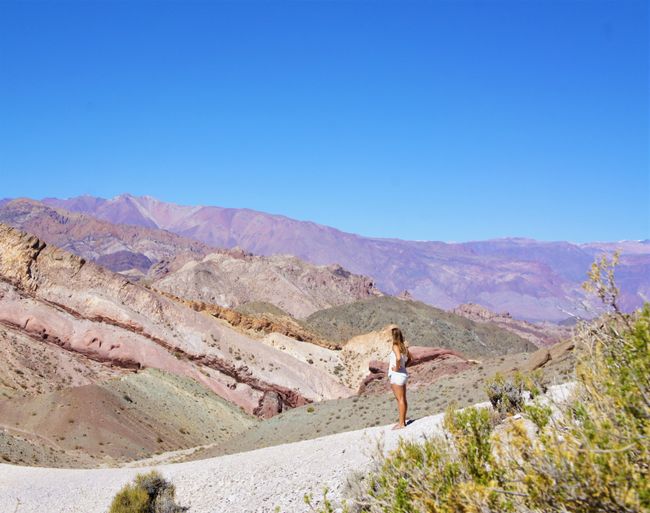
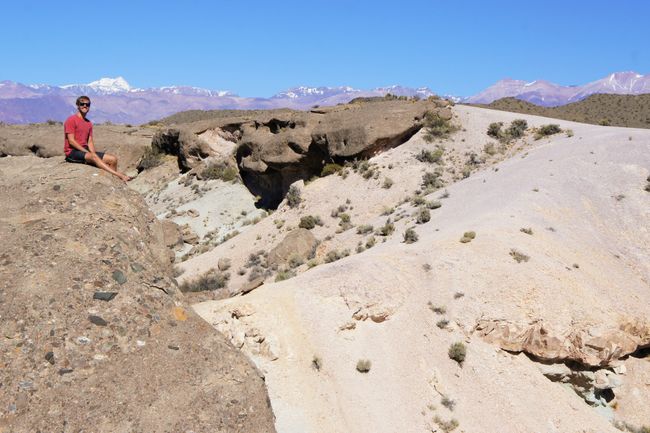
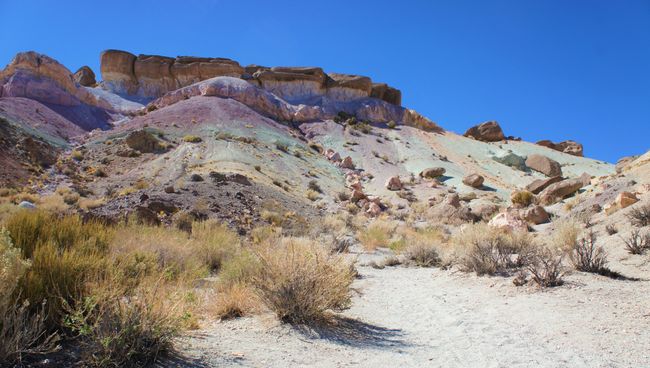
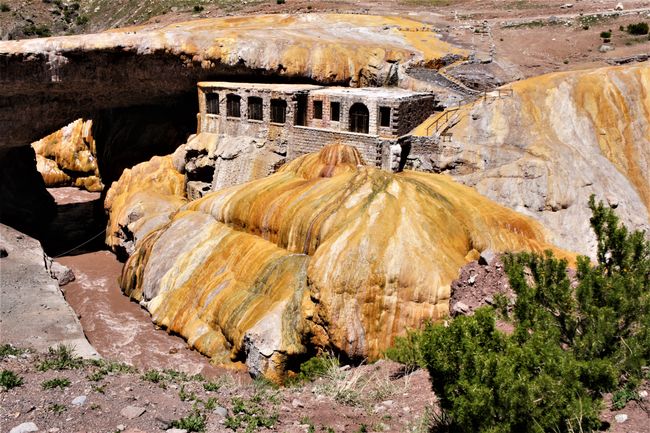
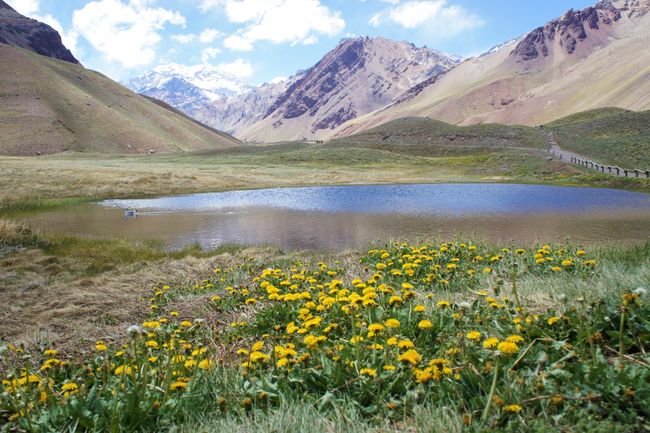
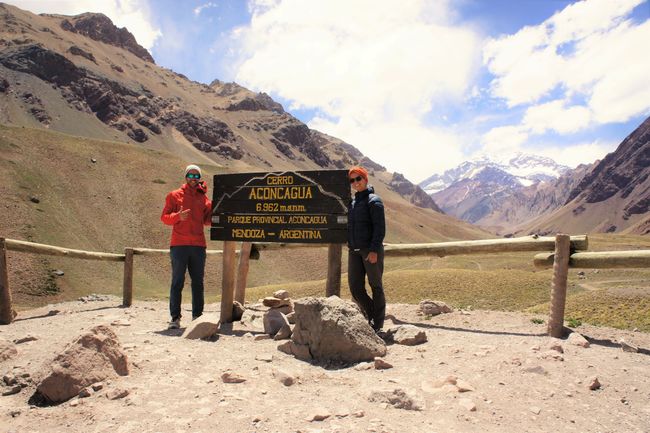
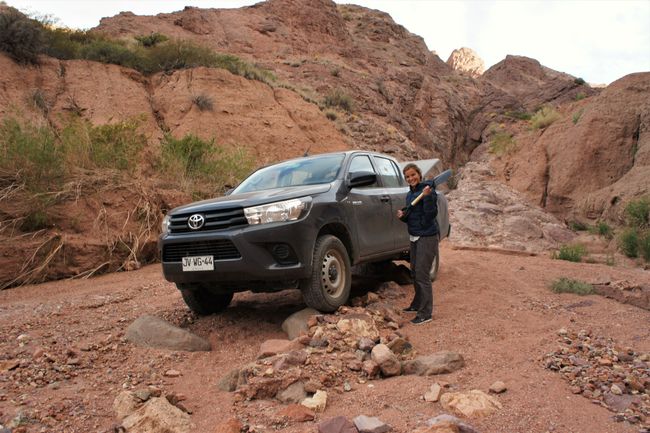
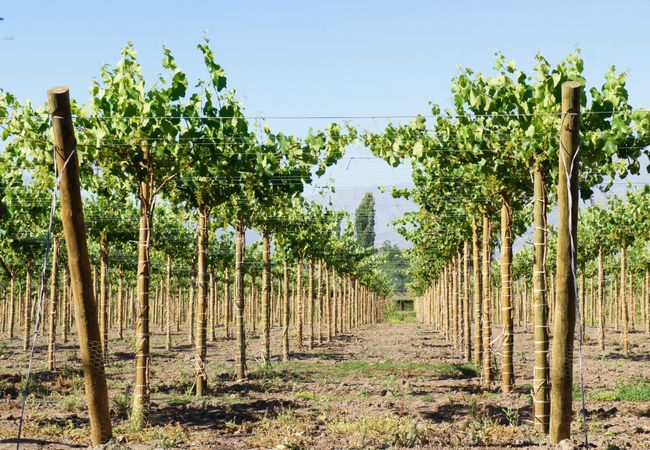
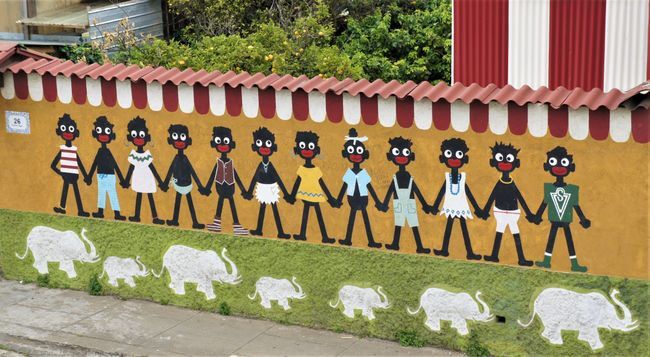
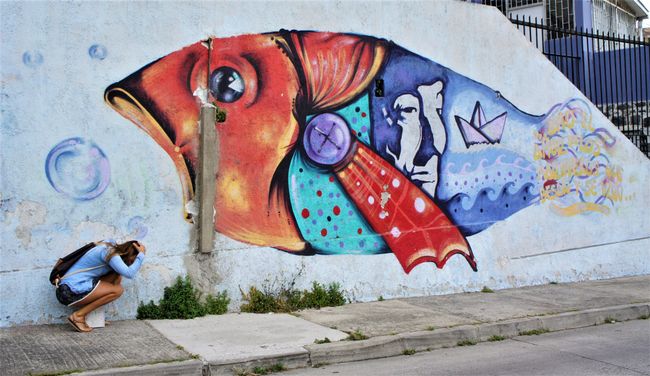
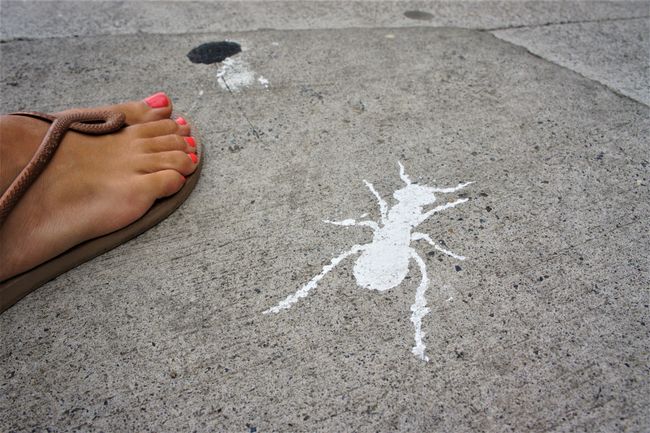
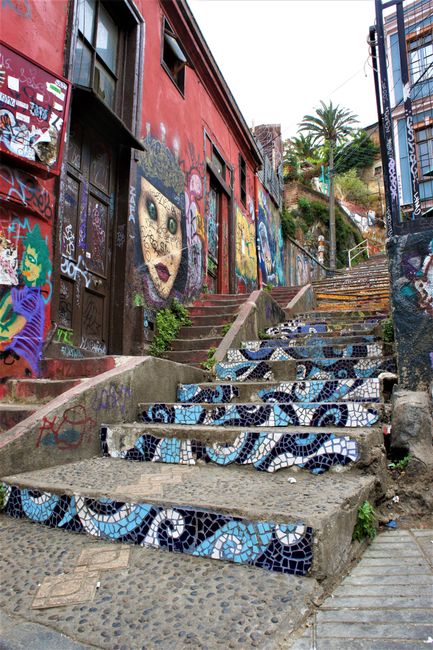
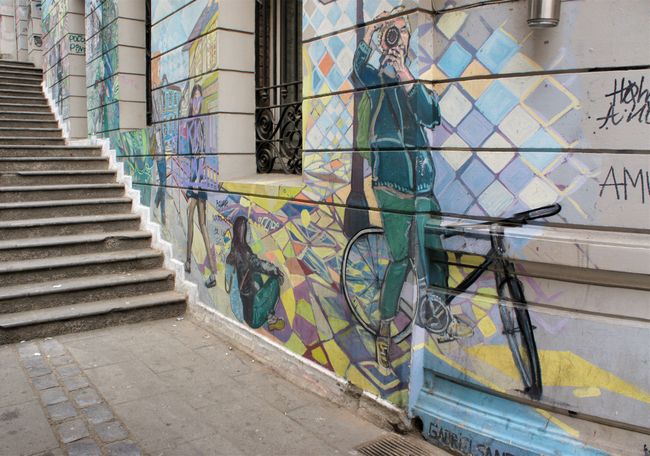
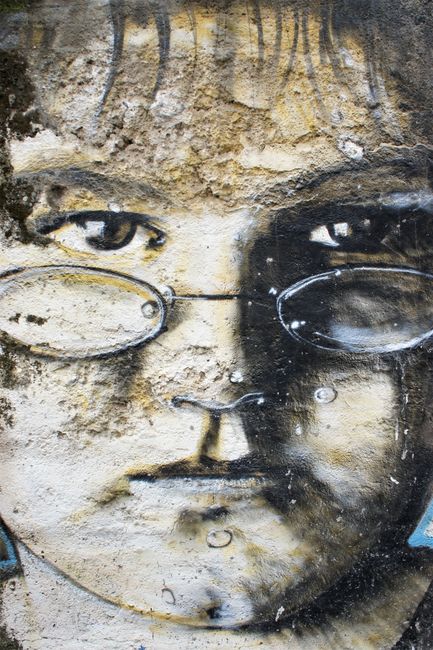
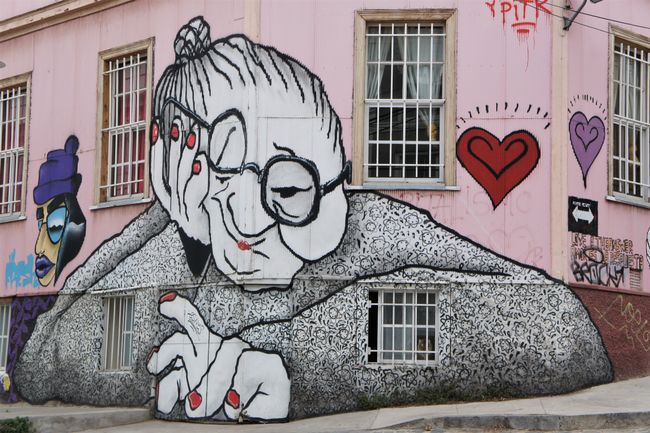
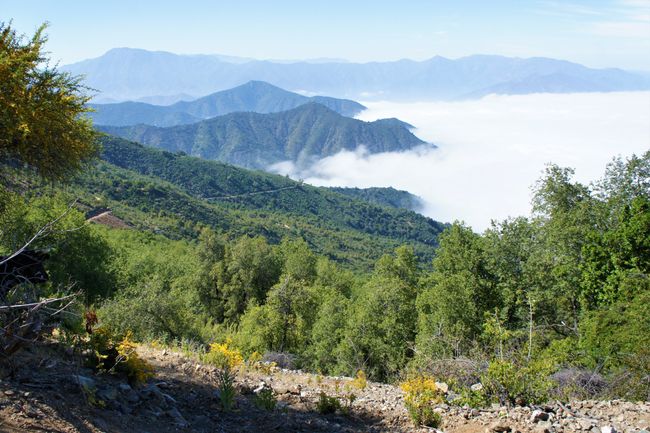
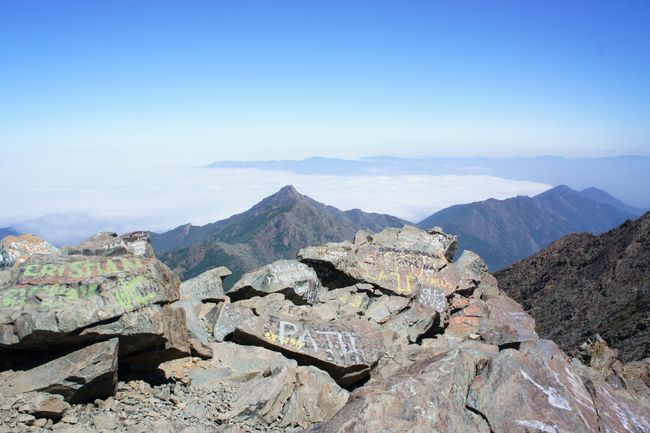
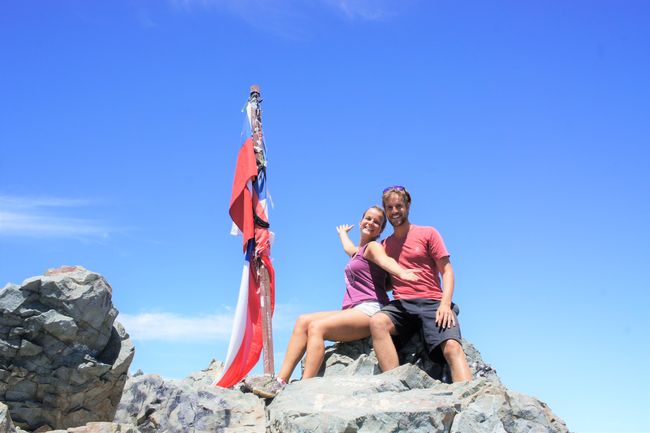
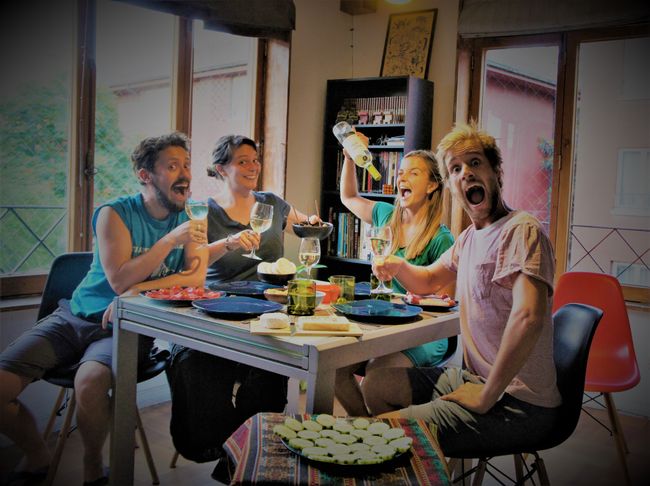
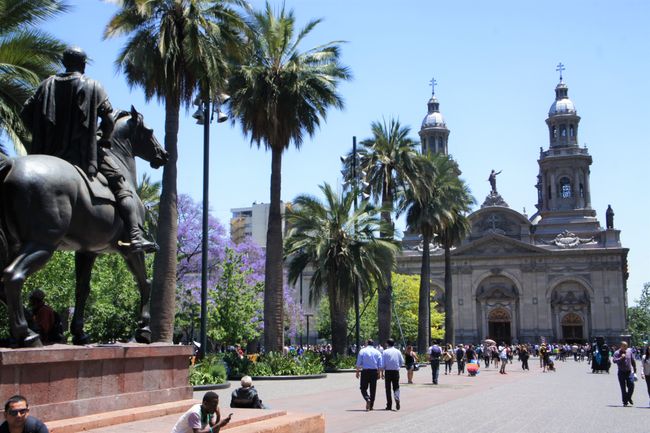
Пријавите се на билтен
Fireball at Atacama
In San Pedro de Atacama, we visited an observatory at night. It was the first time for both of us to observe the stars through a telescope. The greatest joy was that we saw a fireball (meteorite). It lit up the environment for a brief moment and made us feel like we were standing in daylight. A fireball is a huge shooting star. For our astrologist and physicist, it was the first one this year. It was already November 10, which made our coincidence even greater.
We were fascinated by the interesting astrologist evening. The cozy atmosphere was enhanced by wine and snacks.
The stars are best seen in the Atacama Desert because it is dry, has little light pollution, and rarely has clouds in the sky.
Lost Winter Sports Enthusiasts
"Has the board been waxed?' we shouted to each other and joked about the situation. With a candle in hand, shorts, and snowboard boots, we stood in the middle of the desert in front of a board to be prepared. Our guide asked the two of us to wax the snowboard. Before the spectacle began, we tried to fill our reserves with generous drinking so that we wouldn't get a dry throat during the 15-minute ascent in the dryness. Once at the top of the sand dune, we carved down with the snowboard on our feet in the desert sand. The feeling of freedom or the comparison the tour provider dared to make with winter sports was simply a lie. As avid winter sports enthusiasts, we are used to gliding. With this peculiar sport, however, the grip on the ground was so great that it felt like someone had smeared honey on the board. The experience of being sent into the desert with a snowboard was worth it nevertheless. Now we appreciate even more that our Alps are covered with snow, not sand.
Heading North
We traveled overnight by bus to Arica. That is the border town in northern Chile. We thought we could go surfing at the beach and soak up some sun. Well, we were pretty wrong. When visiting surf shops, it quickly became clear that either they did not have boards for rent or they preferred to concentrate on their own "stuff," the joint. We read in advance that there were warm ocean currents at this time of year. The water temperature was 18 degrees. Warm? Since the sun also rarely made an appearance, splashing in the sea was not particularly enjoyable either. Cooking, jogging on the beach, a comfortable bed, a day trip to the Peruvian border town of Tacna, and above all, delicious gelato on the seafront made the stay in the north worthwhile after all.
We were preoccupied with the headline about Sandro from Switzerland. He did not return from his mountain tour on the Säntis. Every time we had internet access, we hoped for positive news. During this time, we often thought about him and his family.
Bus Ride with an American Touch
On the return journey, the Chileans tested our patience once again. Apparently, the bus driver wanted to refuel. Suddenly, his assistant came and closed all the curtains. We opened them again to see the morning atmosphere out the window. However, his action had a reason. It was meant to disguise the people, as no one is allowed on the bus during refueling. With closed curtains, the transporter would appear empty. This did not work in our case, and all passengers had to get off. Presumably, the bus company paid a fine. It was so stressful because we had been awakened from sleep for an hour-long baggage inspection just before in the darkness. We kept our waiting time short with a chat with other travelers. The thought that this would be the last bus trip for a long time made the situation easier. The anticipation of our car the next day was huge. Just one more night until our camping adventure starts.
A Key Experience
On November 17, we stood ready with all our luggage at 10:00 a.m. in San Pedro de Atacama at the Hostel Tocopilla. Urs, the Swiss manager of the company "Patacama," which mainly organizes guided adventure trips, arrived five minutes before the scheduled time, like the Swiss are used to. He chauffeured the pick-up truck directly into the backyard of the hostel. There, we had enough space to have all the equipment explained to us for two hours. Shortly after our greeting in Swiss German, he said, "I have good news and bad news for you. Which one should I start with?" "Start with the good one," we replied. We eagerly awaited his news. "So, the good news is," he continued, "your Toyota Hilux is brand new, and you have a free upgrade to 4x4 to make your journey even more adventurous." "Wow, that's amazing!" we thought. "And the bad news?" we asked him curiously. "Hmmm, the bad news is that I couldn't completely remove the stickers on the windshield." After these extremely surprising news, we were thrilled and followed Urs' explanations about the camping equipment and the car. We received the key and signed the final documents for insurance and the deductible. With full heads, a full tank, and full of energy, we set off into the vastness of the Atacama Desert.
Nature and Us
We spent the first night at an altitude of over 5000 meters. It wasn't just the cold that bothered us, but also the strong wind combined with the altitude. The surroundings were unique. We sought shelter in a semi-circular rock formation. On one side, there was a lagoon with flamingos searching for food. The other side gleamed with white mountains. In the night sky, countless stars were visible. The tough night made us reflect. Is camping in South America really a struggle for survival? It should be the ideal season for our undertaking. The next day, we continued with our pick-up truck through the Andes. We were glad to have a spare canister of diesel on the loading platform. There was no gas station in the gigantic Atacama Desert for miles around. There was hardly any traffic, and the Sico Pass, which we crossed over the Andes to Argentina, was minimally frequented. Two to three cars pass this border crossing per day. The customs officers did not even glance at our camper van. Only the paperwork with entry and exit permits for the car took about half an hour.
Camping wild in the following nights was much more pleasant as it was no longer so bitterly cold and windy. One of our favorite spots was a dried-up riverbed in the mountains near the Aconcagua. With a height of 6962 meters, it is the highest mountain in all of America.
In Wine, There is Everything
Even we were in wine. In the wine paradise of Mendoza, we stayed in an old wine tank that had been converted into a bedroom. An Italian family runs the hostel "Antigua Residencia" with a lot of charm and love. Forty years ago, the winery was still in operation. Today it is a museum, hostel, and restaurant all at once. It is hard to believe how much we enjoyed this affordable luxury in the wine eldorado. The warm shower after a few days of wild camping is probably the most beautiful thing of all. That is an important reason to live primitively from time to time. Only then do we truly appreciate the small and seemingly mundane things like running water or even hot water. Luxury knows no bounds in this place. We explored the wine region by bicycle and learned a lot about wine through tastings. Mendoza is not only known for wine but also for olive oil and balsamic vinegar. We could not miss a tour of the olive oil production at "Laur." Many Italians have settled in this area to give the wine and olive oil production a boost.
Back in the former wine cellar, we replenished our energy for the onward journey with delicious food, wine, and a refreshing outdoor pool.
Our Car is Our Castle
We have gradually settled into our "Hiluxli." We know where all the equipment is located and are getting faster and faster at setting up and dismantling the tent. Sometimes it may happen that the effort of setting up the tent is too great or the camping spot is unfavorable. In such cases, we sleep packed in sleeping bags in the car. Once, we spent the night in the parking lot of a national park. We were the first ones in the park. Finding sleep in the pick-up truck is not always easy, but it gives us the advantage of being able to get up early.
Santiago de Chile
On our way to Santiago de Chile, we had to surrender bananas, a melon, peaches, pears, two cucumbers, and the almonds freshly bought in Mendoza to the officials when crossing the border. Fortunately, we could tell them that our Spanish is too miserable to understand the declaration form and fill it out correctly. Instead of the disaster of a fine, the border guards only confiscated the fresh produce and handed us a new form to fill out - but please with the correct declaration!
In Santiago, we stayed with a former roommate of Dési. The couple Zoé and Franchi were very hospitable. We could come and go in their apartment for a few days. We were allowed to park the car in a garage at a colleague of Zoé's. It was safe and protected from break-ins or theft. Many thanks to Zoé and Franchi, from whom we received a comfortable bed and numerous tips for exploring the city. Santiago is multicultural, exciting, and also occasionally gave us the opportunity to observe the diversity of people from a park bench.
Next stop: San Rafael, Argentina!
Пријавите се на билтен
Одговор

